Student Self-Assessment
Description:
The math department at Timberline High School, in Boise, ID shares their motivation for and results of using student self-assessment in their classes.
Our department started using student self-assessment on our quizzes several years ago. This shift from a teacher telling students what they know and what they don't know to students determining what their level of understanding is has had a huge impact on student agency and efficacy. Student know where they are at and where they need to be in the process of learning the material. This shift in self-assessment was lead by a team of teachers at Timberline.
Related Leadership Program
PAEMST Awardees
Grade Level
High School
Keywords
Increasing Student Engagement
Pedagogy and/or Curriculum
Assessment
Subject Area
Math
Related Videos
 The STEM Teacher Leadership Video Showcase features 3-minute videos submitted by teacher leaders and those engaged in creating teacher leadership programs. View their inspiring stories and make sure to leave a comment! Share on social media and "like" your favorites!
The STEM Teacher Leadership Video Showcase features 3-minute videos submitted by teacher leaders and those engaged in creating teacher leadership programs. View their inspiring stories and make sure to leave a comment! Share on social media and "like" your favorites!
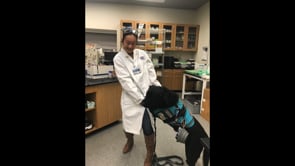
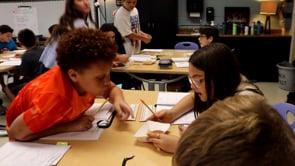

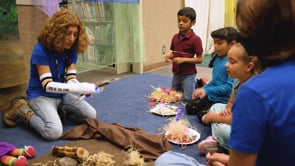
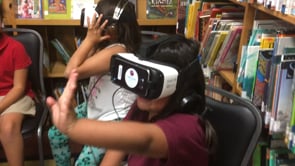
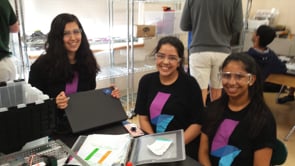
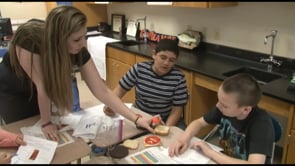
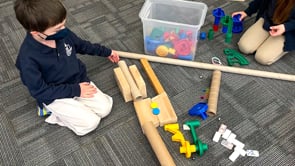
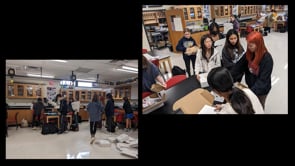
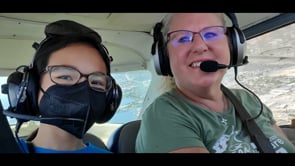

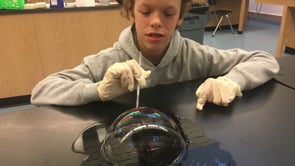
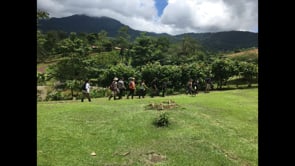
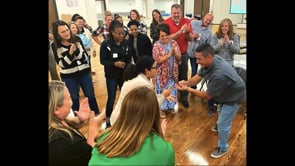
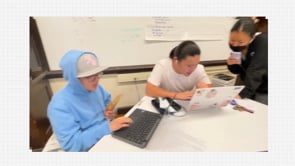

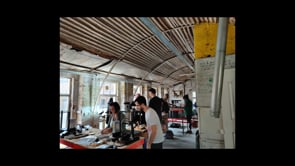
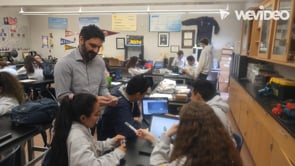
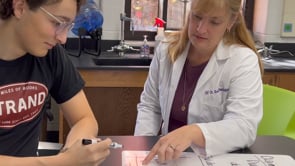
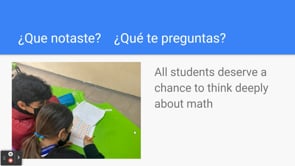

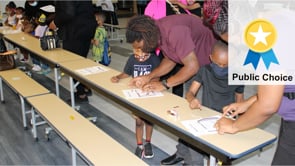
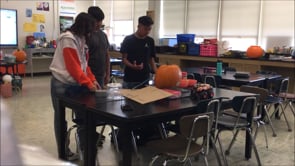
Comments
Adapting to a Computer Science Classroom
I love the ideas presented in this video, and am looking forward to grappling with the idea of implementing them in my computer science/math classroom.
I'm wondering how to support students in deciding their understanding levels when assessment problems contain multiple standards.
In reply to Adapting to a Computer Science Classroom by Jennifer Moriarty
We design our assessments so…
We design our assessments so problems are centered around a specific standard. A problem may incorporate aspects from several related standards, but the central standard is the one that receives a grade.
As we walk students through the problem, we discuss the solutions and potential errors. Students are asked to designate each part of a problem as essentially correct, partially correct, or incorrect. Some teachers use symbols instead, such as checks, x's, and circles. This allows us to discuss the nuance of different solution methods and how they reflect student understanding. Students then combine the parts of the problem into an overall level of understanding.
To further address your wondering, this process would allow us to discuss a part of the problem that comes from a related standard, but not include it in the grading aspect of the discussion.
In reply to We design our assessments so… by Jerod Morehouse
self assessment
Love this idea. If I understand it, the teacher goes through the entire problem with the students and they self correct. But there is no grade attached? Is that right? If so, how are grades assigned at the end of the semester?
In reply to self assessment by Joni Falk
You are partially correct…
You are partially correct. The teacher walks through the problem and the students evaluate their own work. There is a grade attached to the work in the form of a level of understanding. Our department uses standards-referenced grading and each standard is assigned a level of understanding (Exemplary, Proficient, Basic, or No Evidence). The letter grade for the course is determined by the levels of understanding students have on each standard. We do not use any percentages or points to determine grades.
What a great framework!
Hi there Jerod and team,
This is such a great practice, and the document you've shared makes some AWESOME points about homework, practice, and grading.
My classroom experience has made it clear that a grading policy like this one (standards-aligned, plus a form resubmissions/reattempts) is KEY to helping students take risks (like taking AP math courses) and getting better. I LOVE self-grading and do it often on writing tasks in AP Biology -- this is a great reminder to find other places to make it happen so we can have feedback conversations in real time!
:) Kirstin (who also has a video in the showcase!)
In reply to What a great framework! by Kirstin Milks
Thanks for your kind…
Thanks for your kind comments. One thing we love about students self-assessing that didn't make it into the video is its effect on our conversations with students. The students are asking questions that focus in understanding the concepts instead of asking questions regarding points or extra credit.
Thank you!
I do love the idea of self-assessment. I should try this method with my special education students. They say that students learn more from their peers. What if they are learning incorrectly from their peers? Are you able to fix the confusion? Diana
Yeah Self Correction
When students are willing to be self-critical, we must give them the opportunity. This looks like you are the entire department buying in, that is great.
Once it becomes a norm, student recogonize how to do it, they should engrain it and do it on their own.
Let them fix there own problems, because once they gradate they will have to do in on their own anyways.
valuable resources!
Thanks, Jerod, for providing the links to your grading practices! I agree, having students self-assess their learning is a powerful life-long skill to cultivate.
As our district is slowly moving towards competencies-based learning, some teachers are a little worried or anxious about it. Did you deal with this challenge? How did you (or would you) overcome this challenge?
Hi Jerod, This is helpful…
Hi Jerod,
This is helpful to me, as I work in a K-8 school and our goal is to have all the students create Digital Portfolios, and participate in their P/T Conferences. Rubrics are a huge part of this. Do your students help to develop Rubrics?